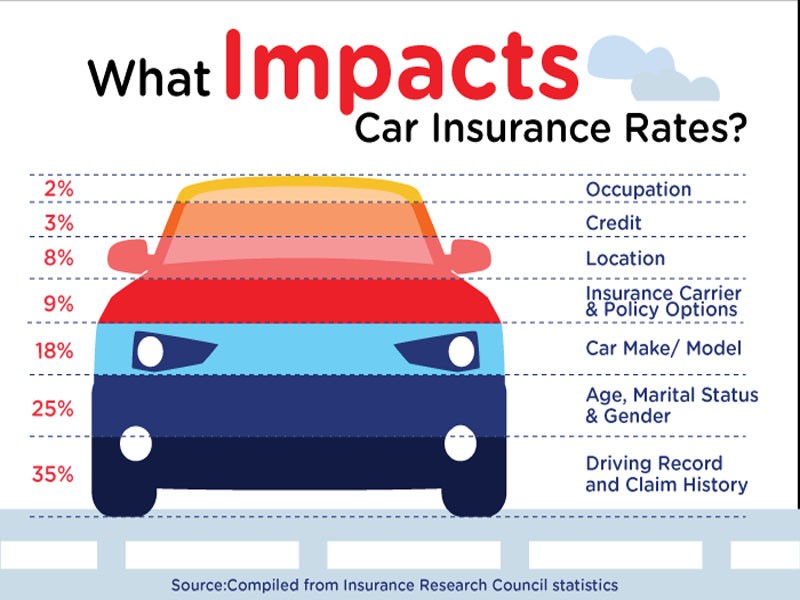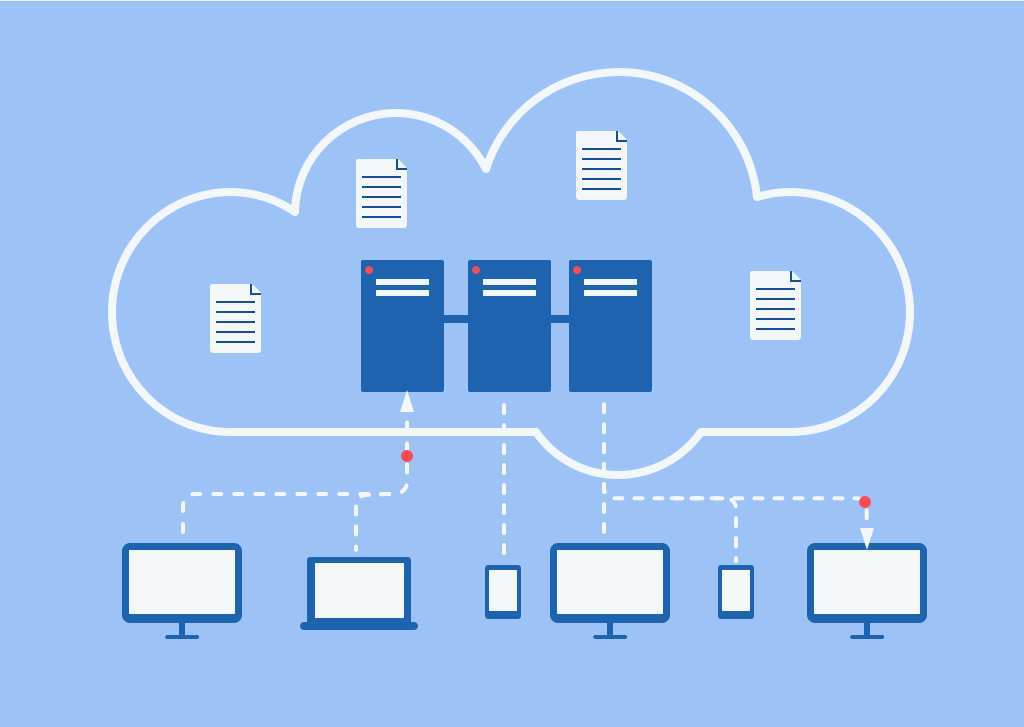When considering pursuing an MBA degree, one important decision you need to make is whether to pursue a full-time or part-time program. Both options have their own advantages and considerations, and it’s essential to weigh them carefully to ensure you make the right choice for your career aspirations. In this article, we will explore the differences between full-time and part-time MBA programs, highlighting their key features, benefits, and potential drawbacks.
The Structure Of Full-Time MBA Programs
Full-time MBA programs are designed for students who can commit to a full-time study schedule without the constraints of work or other commitments. These programs typically span over one to two years, offering a comprehensive and immersive learning experience.
The Benefits Of Full-Time MBA Programs
Full-time MBA programs offer several advantages for individuals seeking a deep dive into business education. Some benefits include:
- Immersion: Full-time MBA students can fully immerse themselves in their studies without distractions, enabling a focused and intensive learning experience.
- Networking Opportunities: Full-time MBA programs often provide ample opportunities to network with peers, alumni, and industry professionals, fostering valuable connections for future career prospects.
- Internship and Recruitment: Many full-time MBA programs incorporate internship opportunities and have robust career services to facilitate job placements and recruitment.
- Leadership Development: Full-time programs often have well-structured leadership development components that focus on personal growth and soft skills enhancement.
Potential Drawbacks Of Full-Time MBA Programs
While full-time MBA programs offer many advantages, there are some considerations to keep in mind:
- Opportunity Cost: Pursuing a full-time MBA means temporarily stepping away from the workforce, potentially sacrificing income and professional experience.
- Higher Costs: Full-time programs often come with higher tuition fees, living expenses, and other associated costs.
- Limited Flexibility: The intensive nature of full-time programs leaves little room for pursuing other professional or personal commitments simultaneously.
Part-Time MBA: Flexibility and Work-Life Balance
The Structure of Part-Time MBA Programs
Part-time MBA programs are designed for working professionals who wish to enhance their business acumen while continuing to work. These programs offer flexibility in terms of scheduling and are tailored to accommodate individuals with busy lifestyles.
The Benefits Of Part-Time MBA Programs
Part-time MBA programs come with their own set of advantages for professionals seeking to balance work and education. Here are some benefits:
- Flexibility: Part-time programs allow students to pursue their MBA while maintaining their current employment, providing the opportunity to immediately apply newly acquired skills in the workplace.
- Cost Considerations: Part-time programs often have lower tuition fees and allow students to continue earning a salary while studying, reducing the financial burden.
Potential Drawbacks of Part-Time MBA Programs
While part-time MBA programs offer flexibility, there are a few drawbacks to consider:
- Longer Duration: Part-time programs typically extend over a longer duration compared to full-time programs, as they are designed to accommodate working professionals. This may delay the completion of your degree.
- Time Management Challenges: Balancing work, personal life, and studies can be demanding and requires effective time management skills.
- Limited Networking Opportunities: Part-time programs may offer fewer networking opportunities compared to full-time programs, as students are not fully immersed in the campus environment.
Choosing Between Full-Time And Part-Time MBA Programs
When deciding between full-time and part-time MBA programs, it’s essential to consider the following factors:
- Career Goals and Time Commitment
If you are looking to make a significant career transition or enhance your business knowledge quickly, a full-time MBA program might be the right choice. However, if you prefer to continue working while gaining new skills and expanding your professional network gradually, a part-time program can provide the flexibility you need.
- Financial Considerations
Consider your financial situation and how pursuing a full-time or part-time MBA program will impact your income and expenses. Full-time programs often come with higher tuition fees and living costs, while part-time programs allow you to continue working and earning a salary.
If networking and building connections are crucial to your career goals, full-time programs often offer more extensive networking opportunities. However, part-time programs can still provide valuable networking possibilities, particularly within your current professional network.
- Work Experience and Skill Development
Evaluate your current work experience and the skills you wish to develop. Full-time programs are more immersive and may offer better opportunities for internships and hands-on learning. Part-time programs allow you to apply what you learn directly to your current job, making it a practical choice for skill enhancement.
Conclusion
Choosing between a full-time and part-time MBA program depends on your individual circumstances, career goals, and personal preferences. Full-time programs offer an immersive experience, networking opportunities, and focused skill development. On the other hand, part-time programs provide flexibility, work-life balance, and the ability to continue working while pursuing your degree. Assess your priorities and consider the factors discussed in this article to make an informed decision about which option is best for you.






